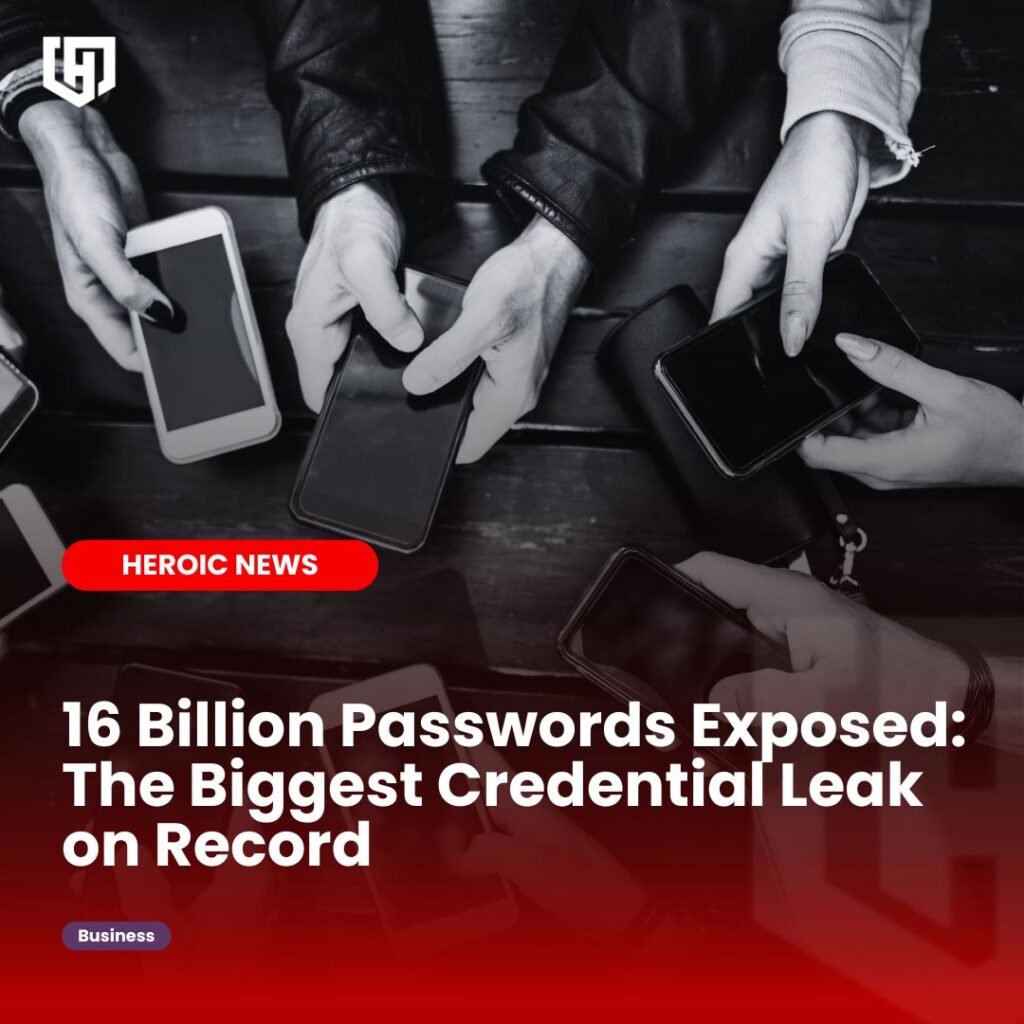How iPhone Encryption May Affect Your Security
On December 2, 2015, our nation was shocked at the events that happened when 14 people were killed and 22 were seriously injured in a terrorist attack at the Inland Regional Center in San Bernardino, California.
After the horrifying attacks, the FBI and other law enforcement agencies recovered an iPhone that belonged to Syed Farook, one of the San Bernardino gunmen. Law enforcement officials believe that the iPhone contains valuable information that could come in use to stop any future terrorist attacks – especially when figuring out why Farook did this, who was he affiliated with and are there any other targets that may be threatened by such an attack.
But there’s a problem. FBI technicians haven’t been able to unlock the encrypted data on the iPhone.
Encryption: What is it and Why is it Stopping the FBI
Encryption stores your phone’s data in an unreadable, seemingly scrambled form which becomes nearly impossible to access without an encryption PIN or password. Companies often require encryption on company smartphones to help protect their data from corporate espionage and hackers.
In today’s world, encryption has extended into the personal realm. Smartphones have become and essential piece of our lives. They have evolved into mini-computers that store enormous amounts of personal and financial data, personal conversations, locations we visit, contacts and a variety of other intimate information.

Apple CEO, Tim Cook, had this to say about the importance of encryption, “All of that important information needs to be protected from hackers and criminals who want to access it, steal it, and use it without our knowledge or permission…” “Compromising the security of our personal information can ultimately put our safety at risk. That is why encryption has become so important to all of us.”
What the FBI Wants
Through a court order, investigators are demanding that Apple write a special operating system update specifically for the recovered iPhone, which would grant the FBI unlimited passcode attempts without erasing the encrypted data contained on the phone.
Officials hope to uncover valuable information that could potentially stop future domestic terrorist attacks. They plan on doing this by using a special computer program to automatically guess numeric passcodes at a very fast rate until one works once Apple creates the court-mandated system update.
Apple insists that the operating system update would create a dangerous back door – which in the wrong hands – could essentially diminish decades of security advancements that protect customers. That creates a legitimate threat that could potentially affect millions of Apple customers and their private information.
How the Public Feels
As displayed below, the majority of the public feels that Apple should comply with the court order and build a system update granting the FBI access to Farook’s iPhone.

Our Thoughts
With the rapid expansion and use of online purchasing, social media, and other online services, the ability to maintain a level of security is becoming increasingly more difficult. As a cybersecurity company, we fully understand the importance and promote the basic human need of privacy through data security.
This motion by our judicial system is a slippery slope. If the government can force a company to decrypt an information filled device, what other capabilities might a court require companies to provide in the name of law enforcement or national security? Where do we draw the line?
In a world filled with hackers and countless cyber threats, encryption and data security are more important than ever. That’s why it’s so important to any technology company that the courts leave this matter alone. Perhaps Jan Dawson, Chief Analyst at Jackdaw Research, said it best, “They’re worried about setting the precedent, of saying, ‘Apple devices are incredibly secure, unless we get a subpoena.’ ”
Has Your Email Account Been Hacked?
See if your email has been compromised with the most powerful scan engine.
 All information submitted is 100% Private and Secure.
All information submitted is 100% Private and Secure.




/includes/qr-code.png)